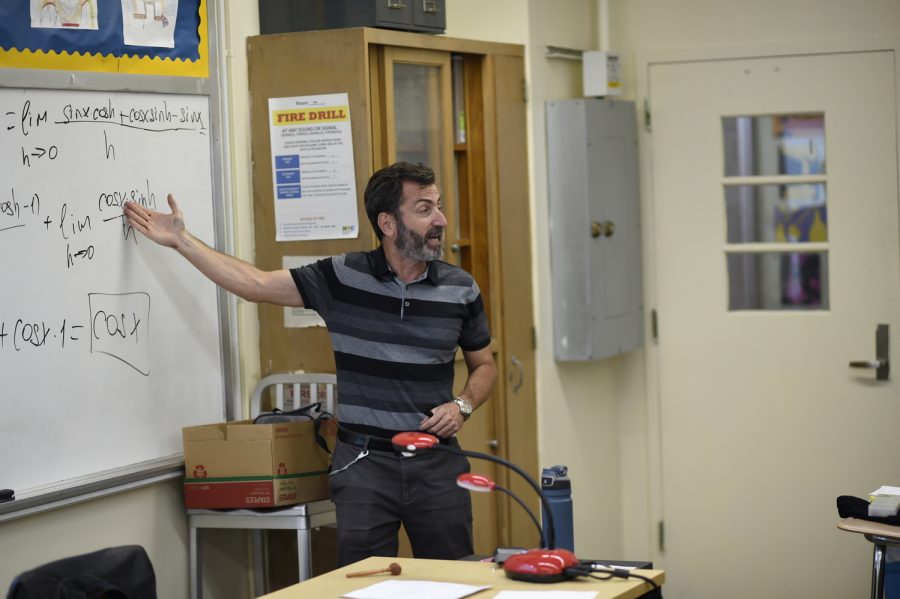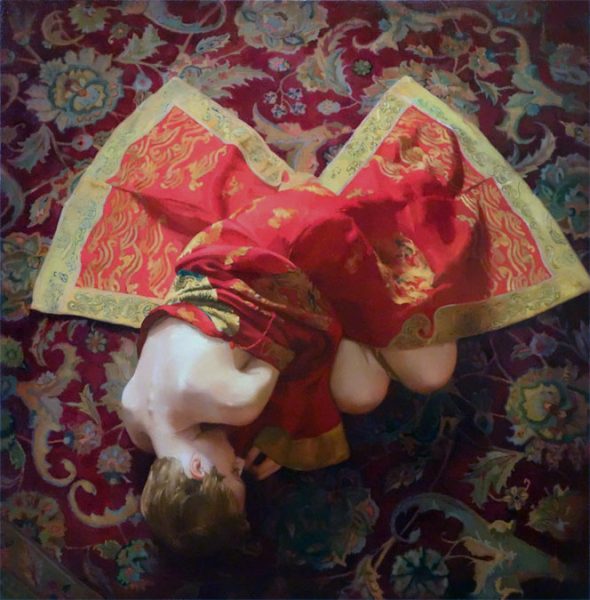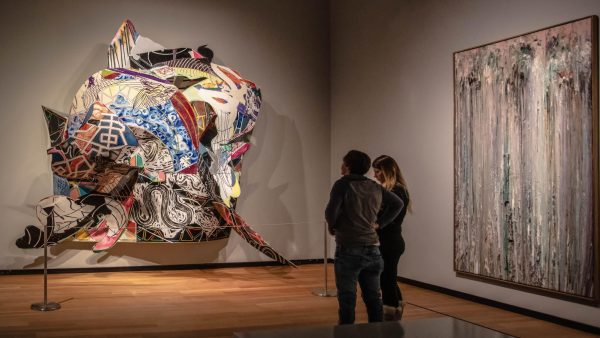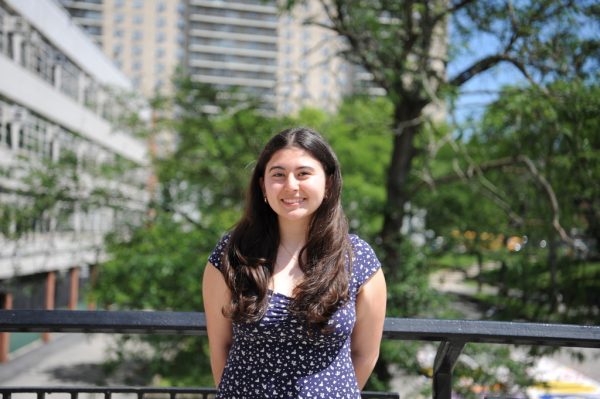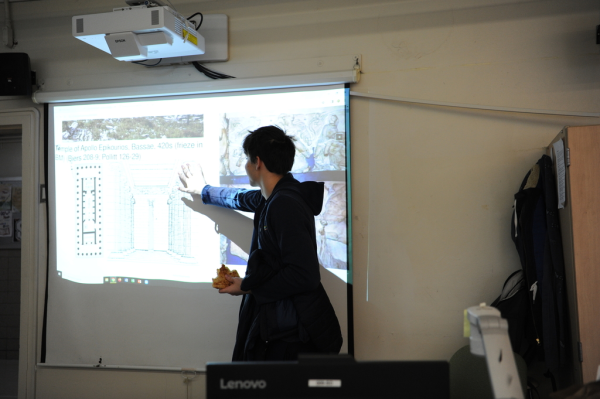The Good, the Great, the Gauss, and the Fomin
“He’s an icon.”
Mr. Fomin teaches his ninth period AP Calculus with passion and with vigor.
Many of his pupils would agree that Mr. Fomin is one of the best teachers at Bronx Science, and it is for good reasons. He teaches with an unrivaled passion and genuine excitement, and actively strives to be engaging. “After taking his class, you won’t just be knowledgeable about calculus, but you will also have the confidence and skills to tackle any math course that you take in the future,” said Winson Chen ’20.
When you first get that e-mail from Mr. Fomin, most people feel pretty glum. He is notorious for being a calculus teacher with high expectations, and the potential reds and yellows on PupilPath can at first seem pretty intimidating; however, after that first class, I assure you, all of those concerns subside. Raymond Lin ’20 can attest to this fact.
“At first, I was worried of getting Fomin because of the rigors of his class. But I soon noticed that he was a really cool person who enjoys teaching,” he said. Not only is Mr. Fomin a good teacher, he is also not afraid to go off on tangents in the middle of class or have a laugh with his students. Alexandra Orzel ’20 said, “He works really hard to try to keep his students engaged, and he’s just a really fun and funny guy.”
Mr. Fomin offers a unique learning experience to anyone who gets him as their teacher for AP Calculus. Mr. Fomin grew up in Soviet Russia, which was what ultimately shaped his passion for mathematics.
“My fascination with mathematics goes much deeper than a simple interest in problem-solving or its rich technical applications,” Mr. Fomin said. To him, mathematics was an escape from the socialist indoctrination of the USSR, and it allowed him to freely express himself in that highly restrictive environment. “Imagine a place where schools and colleges, instead of serving as institutions of learning, became the places of indoctrination into the dominant ideology, where anyone who attempted to disagree or have a substantive discussion is branded as a ‘selloff,’ ‘denier,’ ‘ignorant fool,’ or worse – someone who has colluded with a hostile foreign power to undermine your motherland,” Fomin said.
“In other words, any opposing thought is stigmatized, reviled, and painted as a grotesque caricature in order to immunize the dominant ideology from critical scrutiny and make it unquestionable. Imagine a society that constantly builds and tears down its monuments and rewrites history books because it sees history not as a heritage that needs to be understood in the context of its time, but merely a tool to control the future. Imagine a country where all papers and television stations coordinated into one giant echo chamber of dominant ideology. Imagine a place where time-honored traditions, faith in God, and even common sense itself are ruthlessly crushed to make the next ‘new party line’ fused with intolerant atheism into a new religion,” Fomin said.
“Now you can begin to understand what kind of country the USSR was. Yet it was a place where so many were good and decent people who yearned for freedom and better life. Mathematics became one of the few select outlets not tainted by the corrupt ideology where people could pursue objective truth and freely exchange ideas. Learning and teaching mathematics was a venue where you could meet interesting and brilliant free thinkers,” Fomin said.
This culture while growing up in the USSR fostered his incredible appreciation for mathematics and freedom, which he makes sure to emphasize whenever he teaches.
While Mr. Fomin is a calculus teacher with high expectations, there’s no doubt that he genuinely cares about his students and wants all of them to succeed. He does not want his students to just pass calculus and to memorize formulas by rote. Rather, he wants them to understand calculus and learn how to think creatively. As a calculus teacher and as a person, Mr. Fomin wants you to find the limit of your abilities, reach them, and then surpass them.
“My fascination with mathematics goes much deeper than a simple interest in problem-solving or its rich technical applications,” Mr. Fomin said.
Miles Yamner is a Staff Reporter for ‘The Science Survey’ and Managing Editor for ‘The Observatory.’ He writes articles for journalism and inform...

